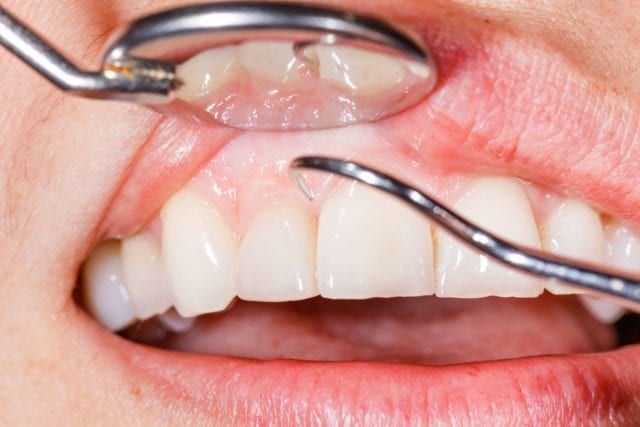Dental implants offer patients an effective and aesthetic way to replace missing teeth and are becoming increasingly popular. In addition to the fact that they can restore the normal function and appearance of natural teeth, another main reason for their popularity is their high success rate. In fact, dental implants have a success rate of 90-95%. Even with this high success rate, there are certain factors that can affect the success of dental implants.
For starters, we must look at what makes an implant successful vs. what makes it fail. A successful implant is one that heals without infection and fuses with the surrounding bone in the proper alignment. If the implant fails to osseointegrate, becomes infected, or breaks, then this is considered implant failure.
Now that we know how an implant can fail, let’s take a look at some of the most common factors that can affect the success of dental implants:
Smoking

Smoking is not only bad for your overall health, but for your oral health as well. Because of this, it can also affect the success of your dental implants. First of all, smoking slows down the body’s natural healing process, which can increase the risk of infection after implant surgery. Not only that, but smoking causes your blood vessels to constrict, which can cause excessive bleeding during and after your procedure. Because of the negative impact smoking has on dental implant placement, many implant dentists will require you to stop smoking for a certain amount of time before your procedure.
Bone Mass
Another key factor that affects the success of dental implants is how much bone mass you have in your jaw. This is because there needs to be a certain amount of bone to allow the implant to osseointegrate. After losing one or more teeth, the jawbone will slowly start to deteriorate. Thus, the longer you have had missing teeth, the less bone mass your jaw will have. People with low bone mass can still have dental implants placed, however they may also need supplemental procedures such as a bone graft. Bone grafting procedures add bone material to areas of low bone mass to encourage new bone growth. Only an implant dentist can determine if a bone graft is needed for dental implant placement.
Oral Hygiene
When it comes to having dental implants placed, proper oral hygiene is huge. Just because dental implants are artificial teeth doesn’t mean that you don’t need to care for them. In fact, oral hygiene for dental implants is the same as oral hygiene for natural teeth. This means that you will need to brush twice a day, floss once a day, and use mouthwash. These habits manage the amount of plaque and bacteria in your mouth, which prevents infection and increases the chances of implant success. Conversely, not practicing good oral hygiene can cause your implant to become infected, which can cause it to fail.
Healthy Gums

The health of your gums is another factor that affects dental implant success, as well as another reason why oral hygiene is so important. People who have or have had gum disease in the past are at an increased risk of developing an infection known as peri-implantitis, which is known to cause implant failure. Therefore, most implant dentists recommend treating gum disease so that there is no active infection before having dental implants placed.
Diet
What you eat after dental implant surgery is another key factor that affects implant success. After surgery, you will need to abide by a temporary soft foods diet. You will also need to chew on the side of your mouth opposite to the implant if possible. Eating soft foods ensures that you don’t apply too much force to your implant before it has had a chance to heal. Conversely, eating foods that are chewy, crunchy, or hard can exert too much force on a healing implant, which can cause it to shift in position or break.

